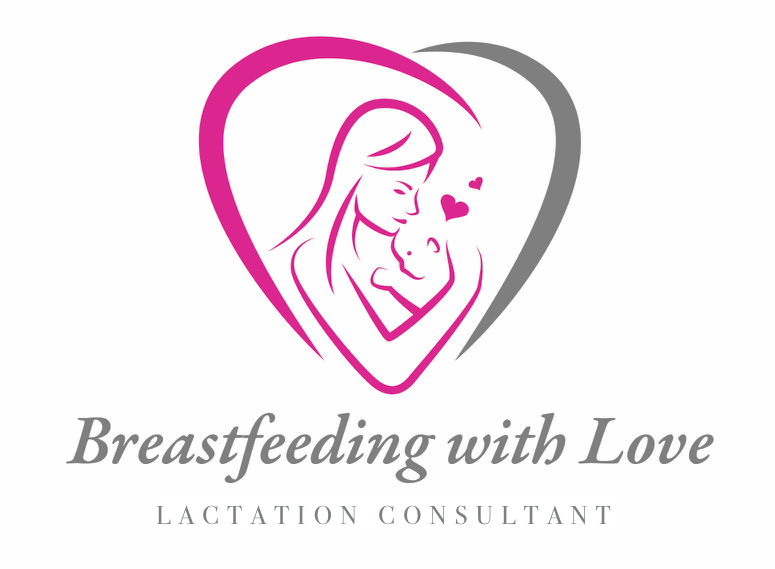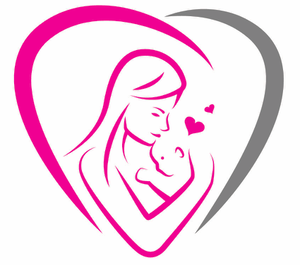Should Breastfeeding Moms Take a Vitamin D Supplement?
Many women choose to breastfeed to make sure their babies are getting proper nutrients however, breastfed babies may lack Vitamin D. Therefore, The American Academy of Pediatrics recommends that all babies receive a Vitamin D Supplement. Vitamin D builds strong bones and teeth in children. Furthermore, if a mom lacks Vitamin D in her body, then there will not be enough Vitamin D in her breast milk. The American Academy of Pediatrics recommends all children including infants to get 400 I U (International Units), of Vitamin D daily. Moms can continue to take their prenatal vitamins while lactating. The right daily amount is in the prenatal vitamin.The major biologic function of Vitamin D is to maintain blood levels of calcium and phosphorous. Vitamin D also helps aid in the absorption of calcium, helping to form and maintain strong bones. In fact, Vitamin D deficiency cause rickets in children.Some drugs can interfere with Vitamin D. Therefore, it is crucial that you talk to your doctor before you take these drugs. Prednisone and Corticosteroid medicines can reduce inflammation however, they can interfere and lower calcium absorption.By lowering calcium absorption, you can have a loss of bone overtime. Additionally, Xenical and Alli, which are weight lose drugs as well as lowering cholesterol drugs such as: Questran and LoCholest including Prevalite, can reduce absorption of Vitamin D and other fat solubles such as Vitamin A, E and K. Phenobarbital and Phenytoin are both brand names of Dilantin, which are used to control epileptic seizures, can increase the breakdown of Vitamin D therefore, reducing calcium absorption. I strongly advise you to always speak to your doctor when you are taking these drugs or dietary supplements while breastfeeding. They can tell you if they will interfere with the absorption of Vitamin D while breastfeeding.The best source of Vitamin D is sunlight to your skin. Your skin makes Vitamin D when you are exposed to the ultraviolet rays of sunlight causing the body to synthesize Vitamin D. Mothers who live in colder climates, women who cover themselves due to their religion with a lot of clothing, and darker colored skin moms also may lack Vitamin D. some foods contain extra Vitamin D.These foods include fatty fish, salmon and tuna., beef liver, cheese, egg yolks, mushrooms, fortified dairy products, breakfast cereals, orange juice, yogurt, margarine that is soy and soy beverages. In conclusion, supplementing the breastfeeding mom should always be done with care in order to make sure that the mom and baby remain in good health. You should stay up to date and get the best education about Vitamin D and breastfeeding as you can.The most educated you are, the better you will be able to make a well-informed decision. Make sure you address the issue of Vitamin D deficiency with your doctor and pediatrician, asking them for their advice.

